Click to read the article in Turkish / Kurdish
President of Greece Katerina Sakellaropoulo has spoken to Nic Robertson from CNN regarding the recently escalating tensions between Greece and Turkey in the Eastern Mediterranean.
Answering the questions of CNN's Robertson in Meis Island, President Katerina Sakellaropoulou has indicated, "We are living in delicate times. But we are also for dialogue. Greece has proven that it is supporting dialogue. But of course a dialogue not under threats..."
Responding to a question about why Greece has decided to purchase fighter jets from France in such a period, the President has said, "The government has decided that we must make these moves."
When she was asked whether "this purchase was to send a message to Turkey," Sakellaropoulou has answered that "it was not only to send a message." In reference to a Greek proverb, she has said:
"...but if you want to have peace, you must always be better prepared for war. Everybody needs peace in the Mediterranean, not only Greece, but Turkey, the European Union, NATO, everybody..."
Kyriakos Mitsotakis, the Prime Minister of the country, has recently announced that Greece will form a new fleet consisting of 18 Rafale jets instead of its current Mirage jet aircraft.
CLICK - Tension in the Eastern Mediterranean: A brief summary
Timeline of the Eastern Mediterranean crisisThe tension between Turkey and Greece over their right to explore energy resources in the Eastern Mediterranean has seriously escalated over the last months. The latest developments leading to this escalation are briefly as follows: On July 21, Turkey issued its first Navtex alert for Oruç Reis seismic vessel's exploration activities in the Eastern Mediterranean. On July 28, Turkey announced after Germany's diplomatic efforts that it suspended hydrocarbon exploration activities and stated that it was ready to talk with Greece. On August 6, Greece and Egypt signed a maritime border agreement. On August 10, Turkey announced that its drillship Oruç Reis would resume energy exploration in the Eastern Mediterranean. It said the ship will continue its work along with the ships Cengiz Han and Ataman until August 23. On August 14, the EU foreign miniters discussed the crisis at an extraordinary meeting, calling on Turkey to end hydrocarbon exploration activities in contested waters. On August 16, Turkey issued a Navtex, announcing that its drill ship Yavuz will continue its work exploring for energy resources off the island of Cyprus. On August 23, Turkey issued another Navtex, stating that the Oruç Reis vessel would continue its activities until August 27. On August 24, Greece held joint naval drills with the US in the south of Crete island. One day later, Turkey conducted naval exercises with Italy. On August 25, Germany's Minister of Foreign Affairs Heiko Maas visited Athens and Ankara to encourage the two countires to have direct talks. On the same day, Turkey held replenishment exercises with Italy in the Eastern Mediterranean. On August 26, US President Donald Trump had phone talks with President Recep Tayyip Erdoğan and Prime Minister of Greece Kyriakos Mitsotakis, urging them to reduce tensions and start dialogue. On the same day, Turkey and the US conducted joint maritime exercises. On August 27 and 28, EU foreign ministers met with the Eastern Mediterranean crisis on the top of their agenda. The Union's foreign polict head Josep Borrell said after the meeting that Turkey's ships might be sanctioned if they continued hydrocarbon activities. Turkey's Ministry of National Defense on August 28 announced that it intercepted six F-16 fighters planes of Greece, which it said were closing in on the area where Turkey issued a Navtex. On September 1, the US lifted the arms embargo on Southern Cyprus. On September 2, Turkey issued two Navtex alerts for Russia's gunnery exercises in the Eastern Mediterranean. It was stated that Russia would conduct exercises in two different areas that correspond to Turkey's hydrocarbon exploration activities on the east and west of the Cyprus island. On September 3, NATO Secretary General Jens Stoltenberg said, "Following my discussions with Greek and Turkish leaders, the two Allies have agreed to enter into technical talks at NATO to establish mechanisms for military deconfliction to reduce the risk of incidents and accidents." On September 4, Prime Minister of Greece Kyriakos Mitsotakis said that Greece would only enter into a dialogue with Turkey if it "stops provocations" in the Eastern Mediterranean. Shortly before this statement, Turkey's Foreign Ministry stated, "Turkey is ready to enter into dialogue with Greece without any preconditions, in order to find lasting, fair and equitable solutions to all outstanding issues between Turkey and Greece." On September 8, the state-run Anadolu Agency (AA) reported that the meeting between military delegations from Turkey and Greece was rescheduled for September 10. On September 10, military delegations from Turkey and Greece had technical talks at NATO headquarters to prevent military engagement. |
(PT/SD)




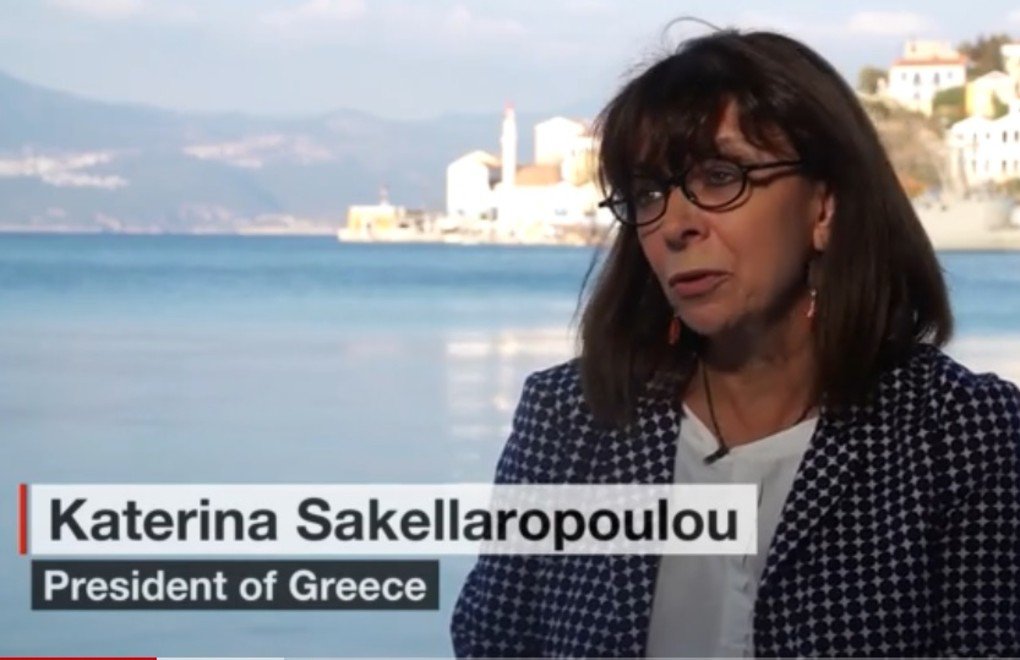
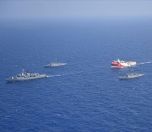

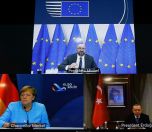
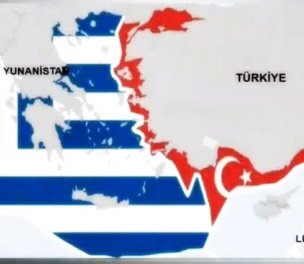
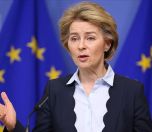
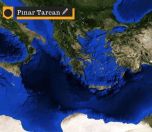
sa.jpg)
as.jpg)
as.jpg)